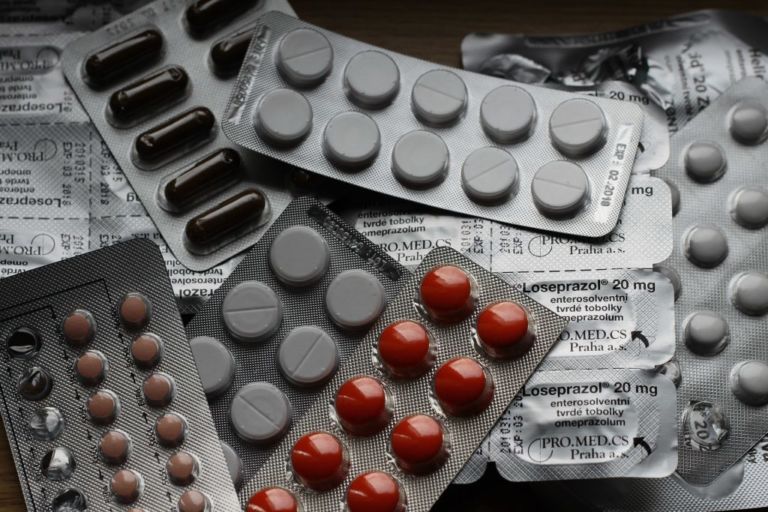Christopher Jacobs writes for the Federalist about the negative impact of a Democratic policy that might sound good on its surface.
Less than 18 months after Democrats rammed through a series of price controls on what Medicare pays for prescription drugs — the better to pay for Tesla subsidies and other green pork — and guess what has happened? Drugmakers are responding to the (bad) incentives Democrats created.
Just before the holidays, Bloomberg reported on how many pharmaceutical companies have delayed bringing products to market to maximize the revenue they can generate before Medicare gets to “negotiate” drug prices. It demonstrates the ultimate losers from the entire “negotiation” process: patients who need life-enhancing, or even life-saving, new treatments.
The Bloomberg story didn’t mince words in its lead paragraphs:
“Drugmakers are slow-walking products to market to get around President Joe Biden’s plan to lower medication prices. … Firms that normally try to sell drugs as soon as possible are suspending clinical trials and shifting timelines, while patient groups are demanding change. … [Companies are] moving to maximize drugs’ revenue potential, even if it means patients will have to wait longer for new therapies.”
As the article explains, companies have a limited number of years — nine for small-molecule pills, and 13 for large-molecule biologic products — to market their products before the “negotiation” process kicks in. As any rational actor would, the companies are trying to maximize the amount of revenue they receive during that finite period.
As a result, companies whose drugs could treat multiple medical conditions, such as different types of cancer, have strong incentives to get the drug approved for the broadest possible condition first. That way, they can generate the greatest amount of revenue before the nine- or 13-year clock to “negotiation” expires.
One of the examples Bloomberg cited: Roche executives say they may delay seeking approval for a new drug to treat ovarian cancer, which afflicts 20,000 Americans each year, until the drug gets approved for prostate cancer, which afflicts 300,000 annually.


